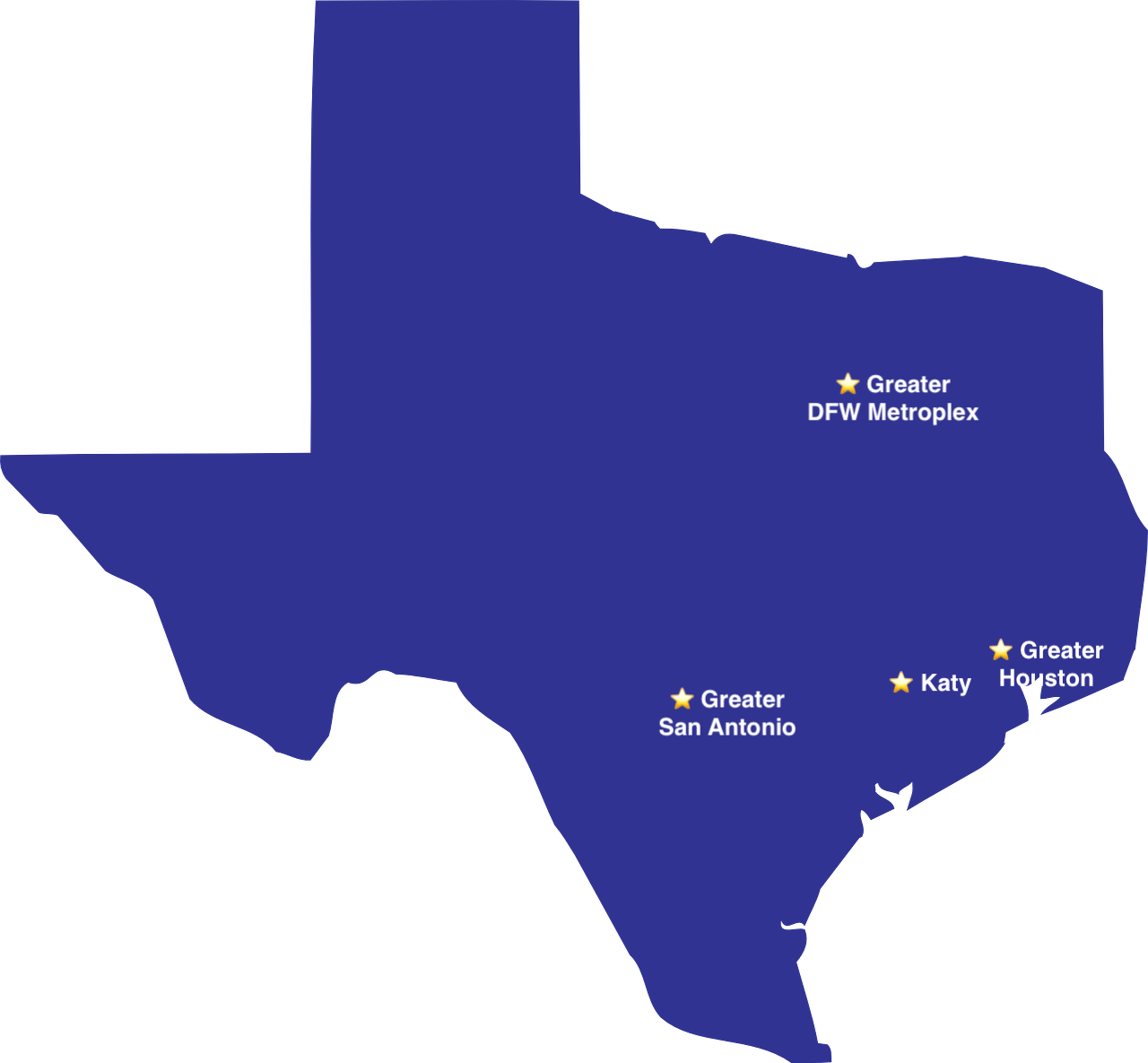ABLE Accounts were established under the ABLE Act as a provision of the 529 section of the IRS code, the same section that brought us 529 College Savings Plans.
Texas ABLE accounts allow money to be set aside for a person with special needs. This money can grow tax-free over time and is used to pay for qualifying expenses toward the care and support of the individual.
To help you better understand the role of Texas ABLE accounts in special needs planning for your child, let’s explore ABLE Accounts in greater detail, including who is eligible for these accounts, what expenses can be covered by the funds saved in these accounts, and how to get help setting up your account.
What is an ABLE Account?
ABLE stands for Achieving a Better Life Experience. A Texas ABLE account is a savings account not counted as an asset. An ABLE account is an important tool in a holistic approach to special needs planning.
A person with a significant disability diagnosed before turning 26 years old (or 46 years old once new legislation goes into effect in January 2026), regardless of the person’s current age, is eligible for a Texas ABLE account. The individual with a disability, family members, guardians, or someone holding Power of Attorney for the person with a disability can open ABLE accounts. There are no restrictions on who may contribute to the ABLE account. Grandparents, parents, a person with a disability, friends, etc., can make contributions to the ABLE account.
What Are Texas ABLE Accounts Used For?
Money in a Texas ABLE account is intended for the care and support of someone with special needs. Qualified disability expenses include housing, education, transportation, assistive technology, health care, and employment support.
Benefits of ABLE Accounts
Texas ABLE accounts provide advantages in two areas: taxation and access to government benefits. Through an ABLE account, a person with special needs can accumulate savings in a tax-advantaged way similar to 529 college savings plans. Like 529 plans, the funds in an ABLE account grow tax-free, and some states even offer account contributors a deduction from state income taxes.
An individual who has more than $2,000 in assets would normally not qualify for federal government benefits such as SSI, but under the ABLE Act, families may establish ABLE accounts that will not affect the child’s eligibility for SSI Medicaid and other public benefits. In some cases, however, a special needs trust will be required. A person may not have more than one ABLE account.
Potential Drawbacks of ABLE Accounts
Due to certain restrictions, Texas ABLE accounts may not be for everyone. Eligibility is limited to people who developed their disability before age 26. Also, unlike 529 plans, total contributions to ABLE accounts are limited each year, although beneficiaries who work can make additional ABLE contributions from their own income up to the Federal Poverty Level, which is $12,760 for a single individual in Texas (as of 2020)
Making the Most of Your Texas ABLE Account: Why a Special Needs Planning Attorney Should Be Your First Call
Working with a special needs planning attorney can help you maximize your Texas ABLE account. They can ensure that your account is set up correctly, help you make strategic decisions about your funds, and coordinate your account with other financial and estate planning tools.
A special needs planning attorney can provide ongoing support and guidance as your needs change. With their expertise and guidance, you can navigate the complexities of disability-related expenses and ensure that your financial and legal affairs are in order. In short, a special needs planning attorney should be your first call when opening a Texas ABLE account.
Before setting up a Texas ABLE account for your loved one, contact us today to ensure you understand every aspect of the law, the pros and cons of the many plans available, and the potential impact on public benefits.







